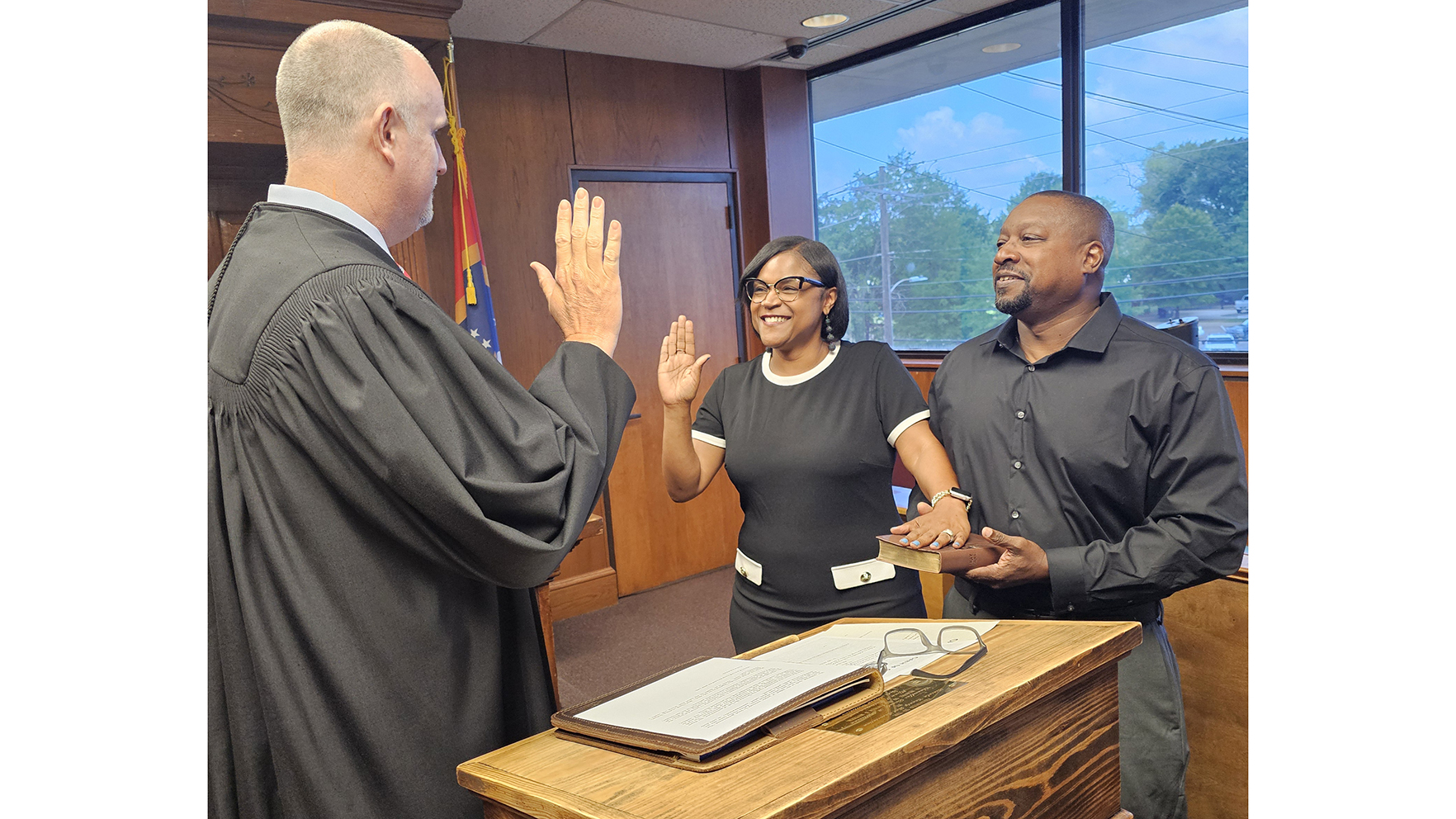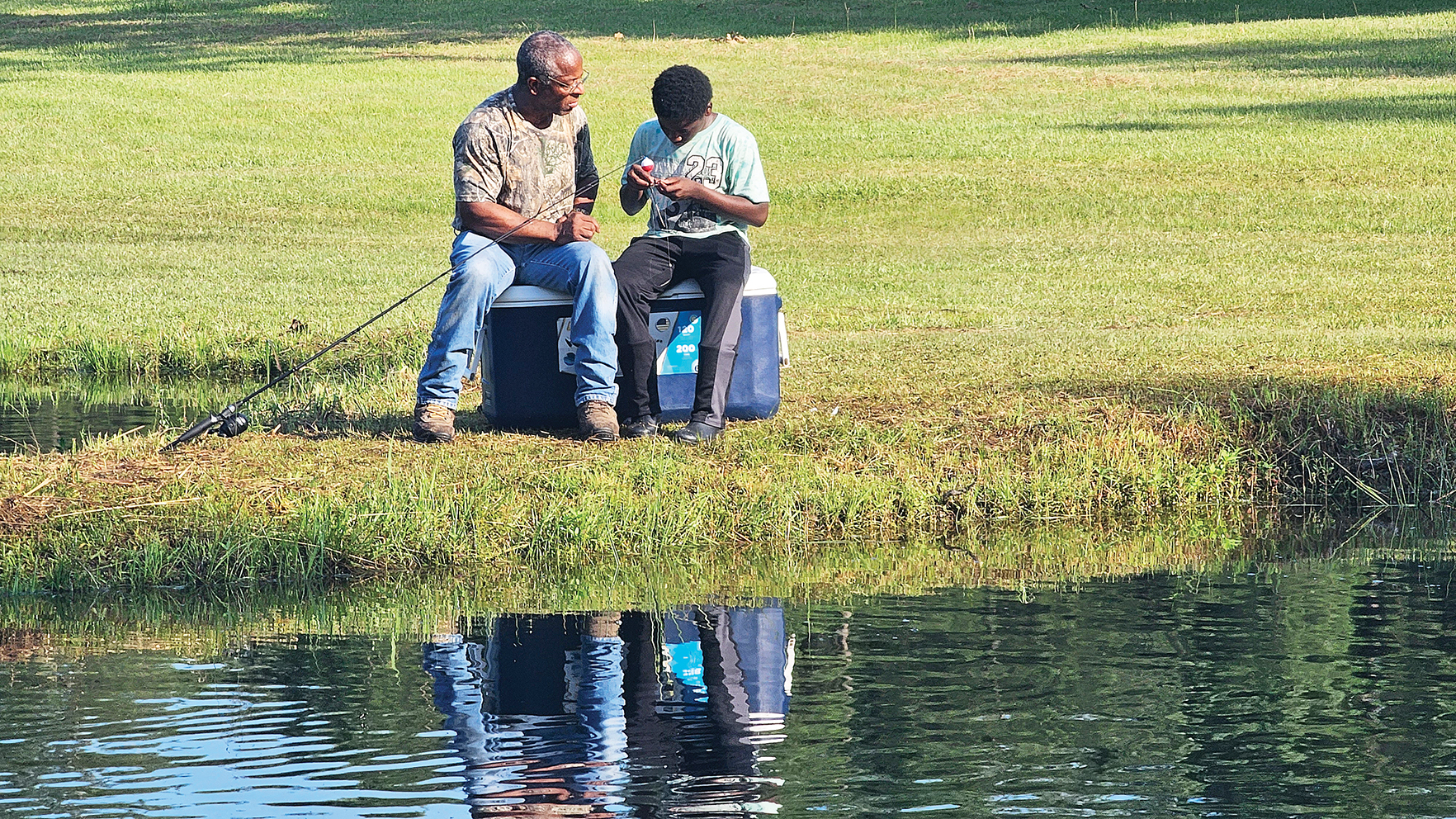IHL board fumbles chancellor hiring
Published 10:11 pm Friday, October 4, 2019
The Institutions of Higher Learning had a big task on its hands this summer: find the next chancellor at Ole Miss.
It went about that task with the transparency that most Mississippians have come to expect from anything involving taxpayer dollars. That means very little.
The IHL board voted Thursday to cut the search process short and name Glenn Boyce, a former IHL commissioner, as the new chancellor. Boyce may be a perfect fit for the job, but the way he was hired won’t instill much confidence in the IHL or the search process.
Boyce was a paid consultant to the IHL board, and was tasked with meeting with candidates and alumni about the search process.
So, he recommended himself for the job? And got paid for it?
That’s not an arrangement that will inspire confidence in the search process, and won’t set Boyce up for success at the university.
Ole Miss’s student newspaper published a front page editorial Friday with the headline: Bullsh*t. A campus protest of his hiring led to the cancellation of a press conference announcing his hiring. Boyce’s tenure is off to a rough start.
Previously, the IHL board had said that the “preferred candidate” for the job would make the rounds at the university and the medical school to meet with faculty, staff, students and other stakeholders. While those rounds may not have produced any meaningful insights for IHL, it would have helped faculty, staff and students feel like they were part of the hiring process.
Boyce, according to media reports, didn’t even submit a formal application to the Campus Search Advisory Committee. He got a “back door” interview instead.
There were several candidates who did submit an application: Texas Wesleyan President Fred Slabach, Eastern Kentucky University President Michael Benson, Auburn University Provost Bill Hardgrave and Oxford attorney Cal Mayo, according to Mississippi Today. Others reportedly considered for the job were Gregg Harper, Ronnie Musgrove and Chip Pickering.
I am not suggesting those candidates are more qualified than Boyce, but their hiring probably would not have produced a protest on campus. Or an expletive in a campus newspaper headline. Or a lot of unnecessary negative media coverage.
Ole Miss has its share of problems — declining enrollment, a sometimes unfair perception problem, racial strife. It did not need another black eye.
Maybe Boyce was the best candidate. Everyone hopes he was. But the lack of transparency in the search and hiring process means Ole Miss — and the rest of the state — will never know.





